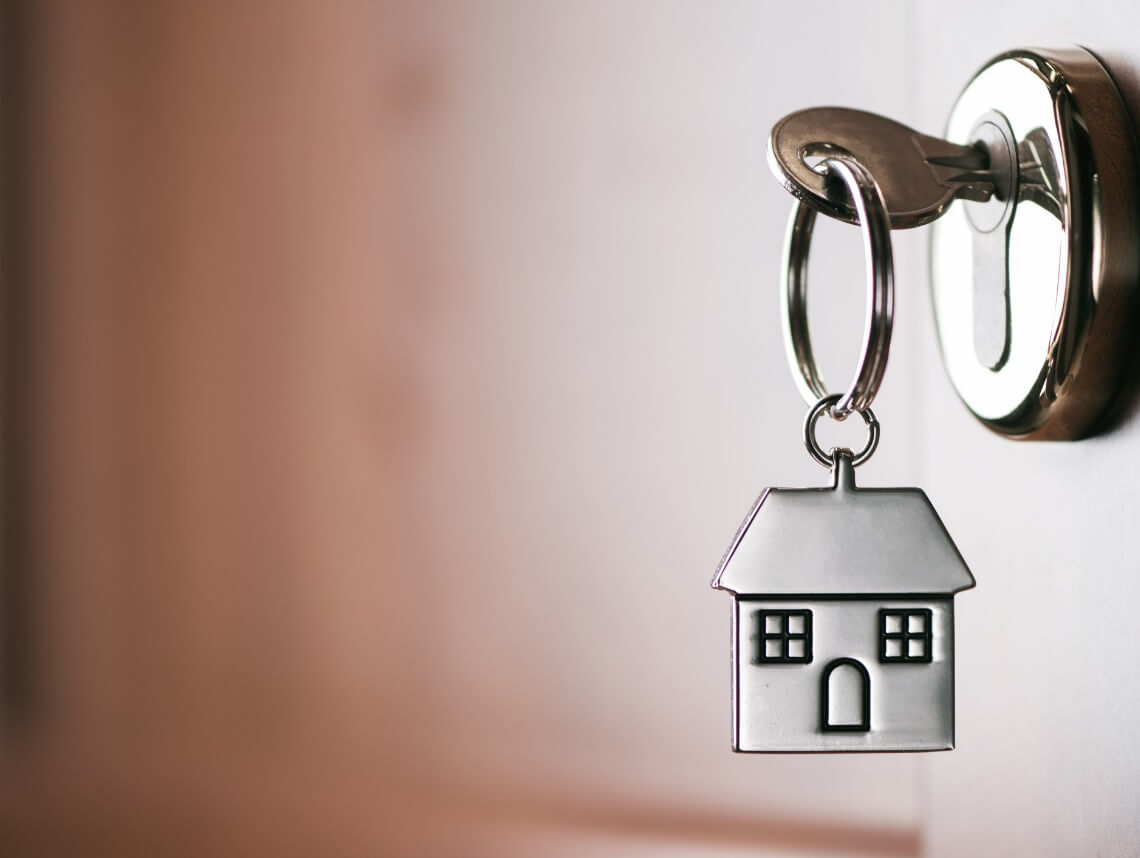For family members, there comes a time when they might have to take care of an aging parent. It is only fair. Parents care for their offspring, who then return the favor decades later.
The problem for adult sons and daughters is in getting things prepared for the elderly parent to move in. There are lots of adjustments. Everyone must pitch in to make the house presentable and livable for a senior.
Living with an adult son or daughter can be the best choice for an aging parent. It is good to have someone around able to contact the elder care provider when needed.
Nevertheless, this option requires much strategic planning beforehand and should not be taken lightly.
To help the family caregiver work well with professional providers to succeed at creating a pleasing home environment for an elderly parent, here are some things they should consider.
8 Ways to Prepare Your Home for an Aging Parent to Move In
At some stage of being a family caregiver, you might consider moving your loved one into your home. Before the actual move happens, there are some initial preparations you might want to check.
1. Check Smoke and Carbon Monoxide Detectors
If it’s been a while since you’ve checked your smoke detectors, it’s time to use the built-in testing system to do so. Carbon monoxide detectors have similar built-in systems to test them, too. Change the batteries every six months to make sure that the devices always have the freshest batteries possible. If you have a difficult time remembering to change them, put the tasks on your calendar ahead of time.
2. Check Your Fire Extinguishers
You need at least one fire extinguisher on every floor of the house as well as one in the kitchen. Many fire departments offer testing of fire extinguishers for you to ensure that they’re operational. If you don’t already have fire extinguishers, now is the time to get some.
3. Stock up Your First Aid Kit
First aid kits are essential in every home, but especially if your elderly loved one is going to be moving in with you. You’ll want to have bandages, antibiotic creams, and other first aid kit essentials. Make sure that everyone in the house knows where to find the first aid kits in an emergency and be sure to check on them regularly to make sure they’re still properly stocked.
4. Make Lists of Emergency Contact Information
As a family caregiver, you may need a phone number or name quickly. Keep a list of important contact information where you can find it easily. You might want to keep a copy by each phone in the house as well as another copy on the refrigerator. This helps to keep the information front and center when you need it the most.
5. Stow a Spare Key
You never want yourself or anyone else to be locked out, so it’s a good idea to find a solution for stowing a spare key. If you have a neighbor that you trust, you might want to trade keys with her. Try to avoid leaving a key in such an obvious location that just anyone can find it.
Once you have these initial tasks done, you can focus on the more specific tasks related to moving your loved one into your home.
6. Physical Changes
The elderly often have mobility problems. As humans age, the bones just seem to not want to move around and respond as quickly as when they are young. To make things easier for the elderly to get around, families should consider physical changes to dwellings before the move.
Stairs could pose a problem, especially for seniors confined to wheelchairs or using walkers. Stationing an aging parent on the first floor, if possible, is best. Otherwise, it may be necessary to install a chairlift or ramp.
It is also wise to think about additional bathroom facilities. Older people just plain have to visit the restroom more than others. Moreover, they tend to go at all times of day and night.
7. Environmental Changes
Smokers will want to confine their habit to the outdoors if the parent suffers from respiratory problems.
Families with kids will have to limit the amount of noise. The normal running, playing and fighting of childhood will probably be a bit much for the sensor to endure on a regular basis.
Everyone will have to be accepting of mood swings in the elderly parent. Small things may irritate them. They might have high blood pressure that will exacerbate these emotions.
8. Schedule Changes
With an elderly parent at home, adult sons and daughter will have to adjust their schedules. For example, vacation plans may change. It will not be possible to go to some places. Perhaps the family should stay closer to the hometown. Some may even find it necessary to contact the home care provider for extra visitations while they are away.
Contact Sonas for Home Health Care Services in Florida
If you or an aging loved one are considering home health care services in Florida, contact the caring staff at Sonas Home Health Care. Call today (888) 592-5855.
Sources
https://www.aarp.org/caregiving/home-care/info-2018/living-with-aging-parents.html
https://www.mayoclinic.org/healthy-lifestyle/healthy-aging/multimedia/walker/sls-20076469
https://medlineplus.gov/ency/article/004010.htm
This blog was reviewed by Jillian Miller BSN, RN — Director of Nursing for Sonas Home Health Care’s Tampa Bay market — for clinical accuracy. Jillian Miller has been a nurse for 16 years — working primarily in pediatrics. She believes the best part of working with the pediatric population is when you see smiles from clients when you first enter the room. She loves seeing the difference you can make in families’ lives while providing the best care possible for them.

